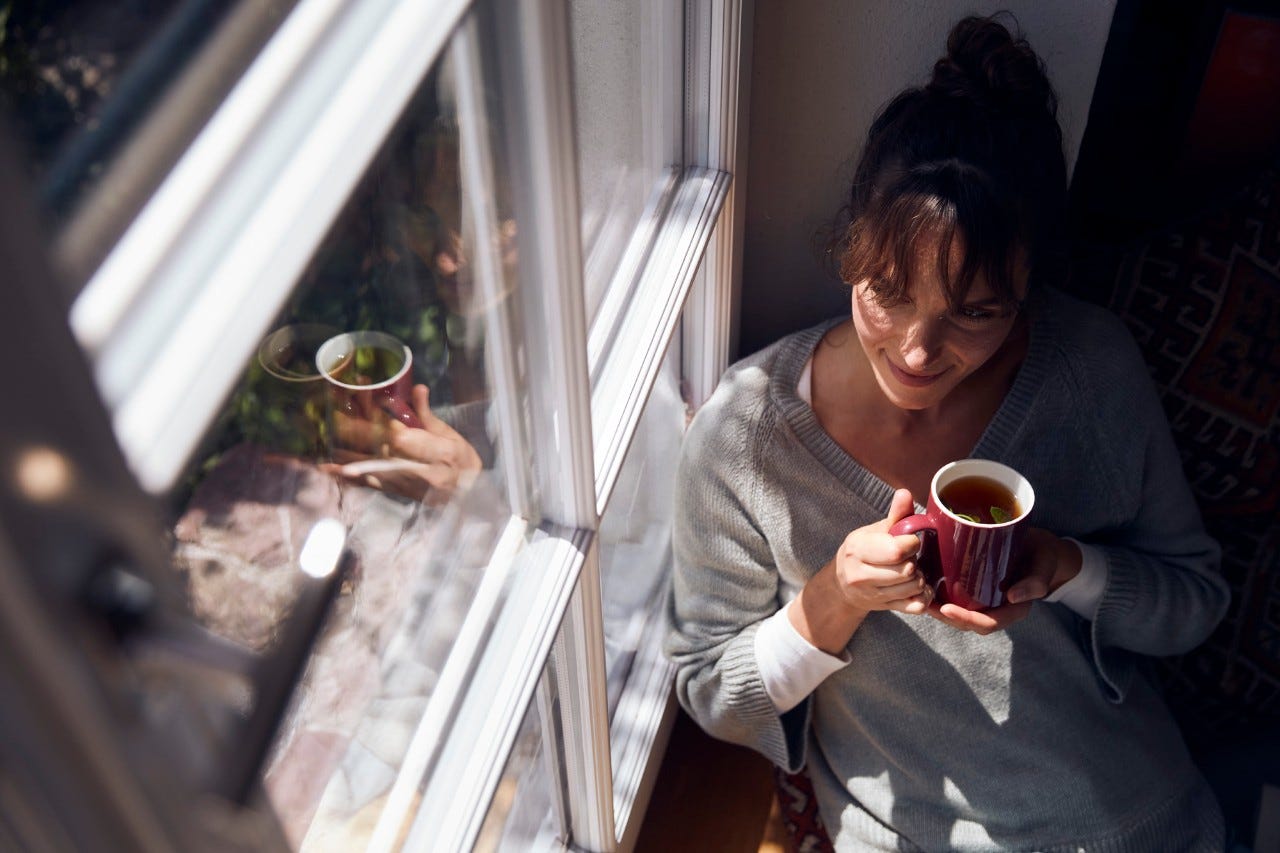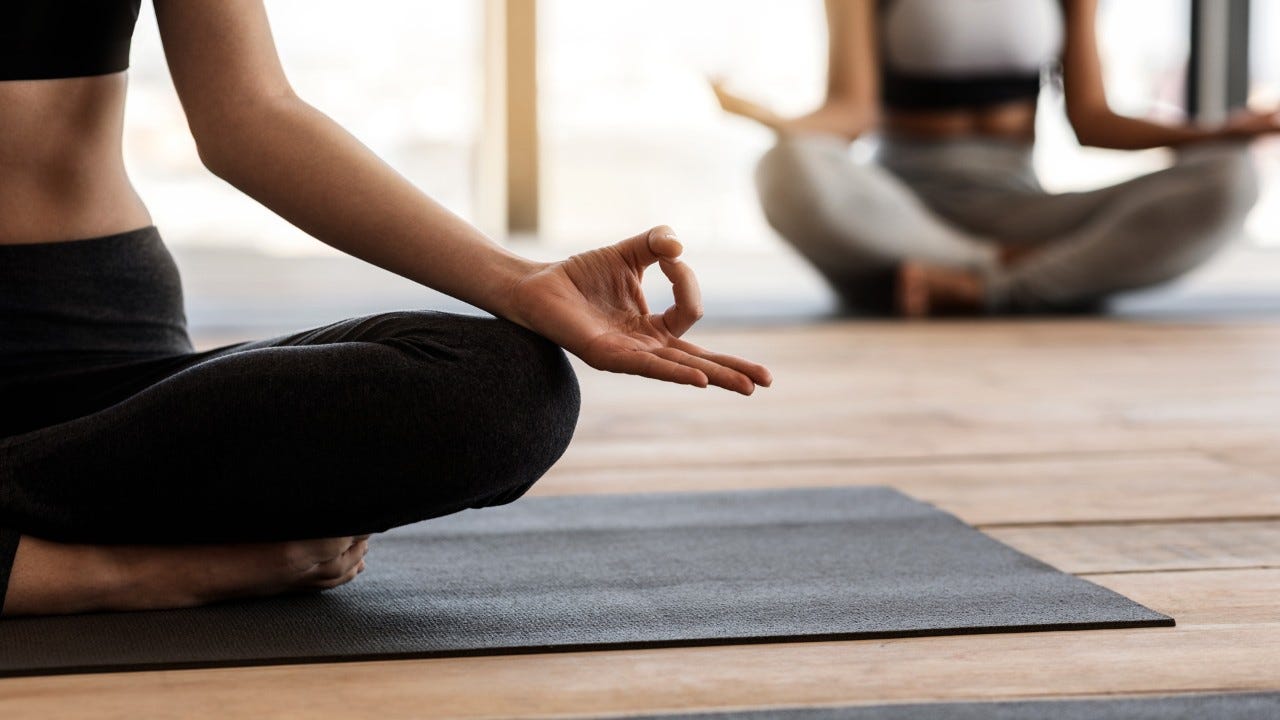“Leisure sickness”: sick during the vacations
Holidays at last! The time away from your workstation is supposed to be relaxing. But no sooner do you head off on holiday than your head begins to ache and your throat hurts.

It’s like a jinx – no sooner have your holidays started than your immune system decides to take time out too. Exhaustion, headaches, throat aches, muscle aches, coughs and sniffles spoil the downtime you'd planned to spend doing exciting things or relaxing. Experts call this “leisure sickness” syndrome, whereby people develop symptoms of sickness during their holidays. Why, of all times, do you feel unwell during your well-deserved holidays? And what can you do about it?
Too much stress at work
People who are constantly under pressure at work release large amounts of the stress hormone noradrenaline. The effect: the body runs at full speed and is permanently in "fight or flight" mode. In the short term, the release of stress hormones is beneficial because it can help to fend off illnesses thanks to their anti-inflammatory effect.
However, when the pressures of daily working life abate at weekends or during the holidays, the body's stress hormone levels also drop and the body’s entire hormone balance is out of kilter. Your immune system also takes time off and you’re more liable to fall ill. And you’d be mistaken for thinking that it’s only senior executives who suffer from "leisure sickness". According to a study by the clinical psychologist Ad Vingerhoets from 2002, “especially perfectionists with high workloads, a strong commitment, and an over-developed sense of responsibility to their work seem to form a high-risk group”.
How to prevent leisure sickness
-
Ensure a healthy work-life balance
Prioritise your most important tasks and take care of them first. Put off tasks that don’t have such a high priority or a tight deadline until the next day. And, importantly, take breaks! For example, treat yourself to a cup of coffee, take time for a short walk around the office or do some desk yoga. Studies show that people who regularly relax briefly during their working hours feel less stressed and are more motivated at work.
-
Build more exercise into your routine
Sport is good for our immune system and our psyche. Taking part in endurance sports in the fresh air, such as cycling, jogging, hiking or cross-country skiing, works wonders for strengthening our body’s defences. During this type of exercise, our bodies emit serotonin and dopamine – which makes us feel more alert and lifts our mood. Hepa.ch, Switzerland's Health and Physical Activity Network founded by the Federal Offices of Sport and Public Health, the Swiss Council for Accident Prevention and Health Promotion Switzerland, recommends that adults are physically active for at least 2.5 hours per week. That includes routine activities and moderate-intensity sport.
-
Get enough sleep
Sleep is important for recharging our batteries and decluttering our brain. But a good night’s sleep also brings a host of other benefits: “It’s essential for our mental health,” says Christoph Nissen, psychiatrist and sleep researcher. Or, to put it differently, those who suffer from sleep disruption run the risk of being afflicted by panic attacks, depression or addiction. What’s more, poor sleep impairs your memory.
-
Pay attention to your diet
Boost your body's defenses with a balanced diet. Our tip: include foods with vitamin C in your diet. This vitamin, present mainly in citrus fruits, cabbage and peppers, contains anti-inflammatory and anti-oxidising properties. Ginger and garlic also bolster your immune system and have an anti-inflammatory effect.


